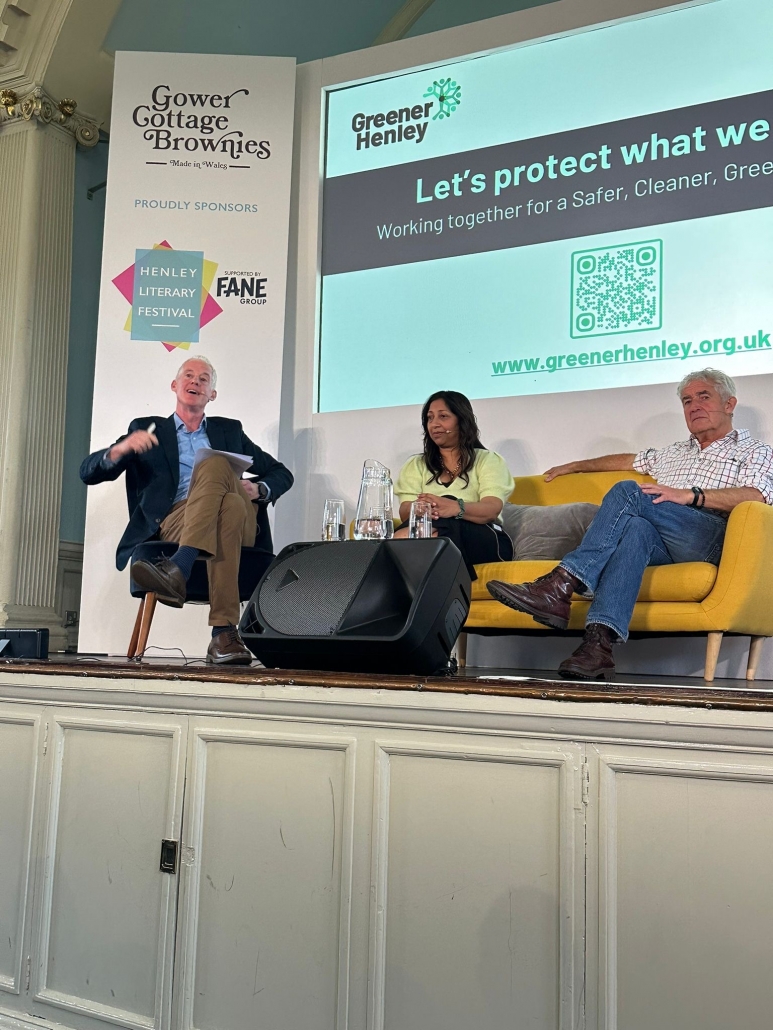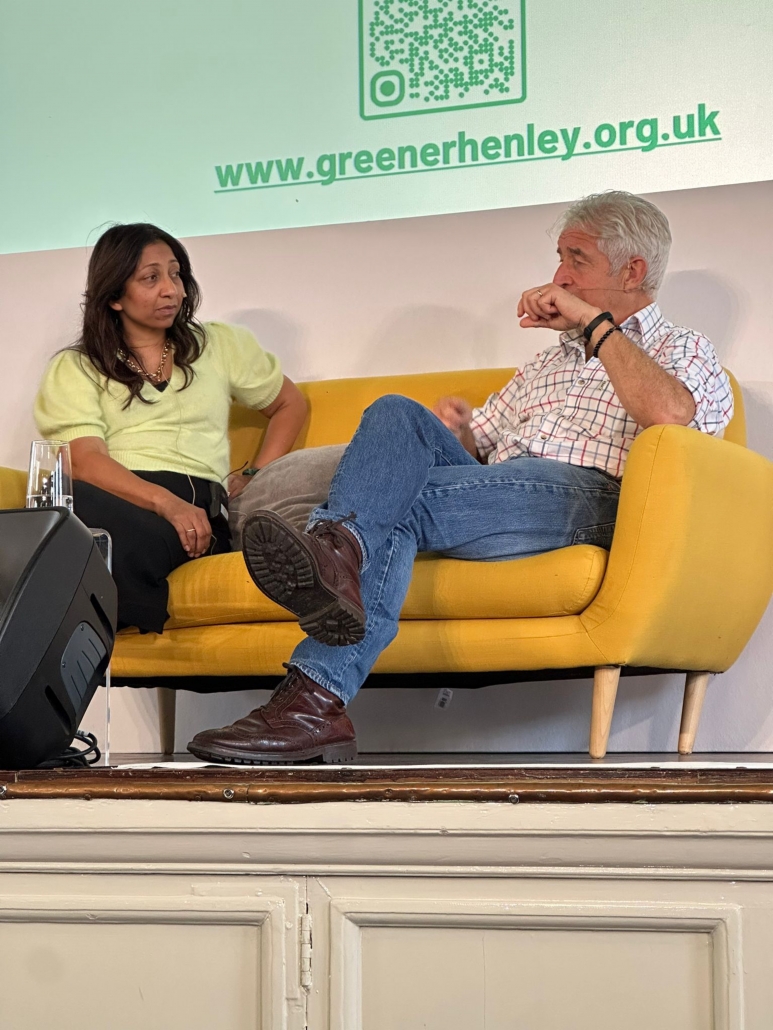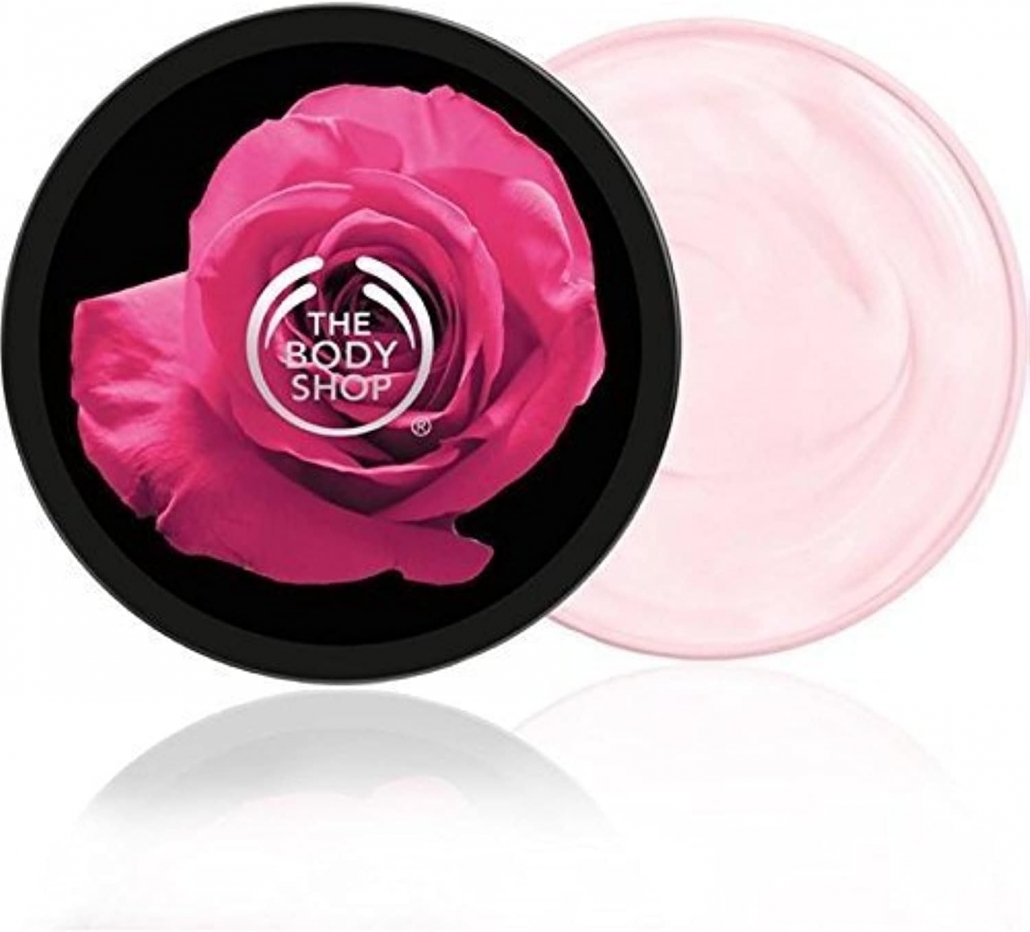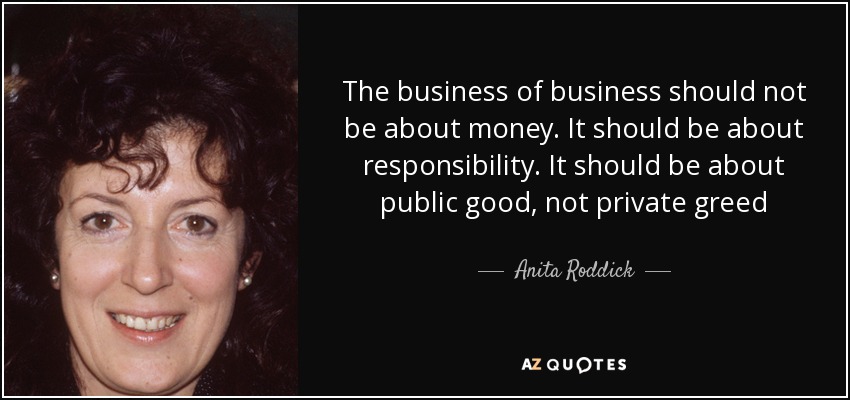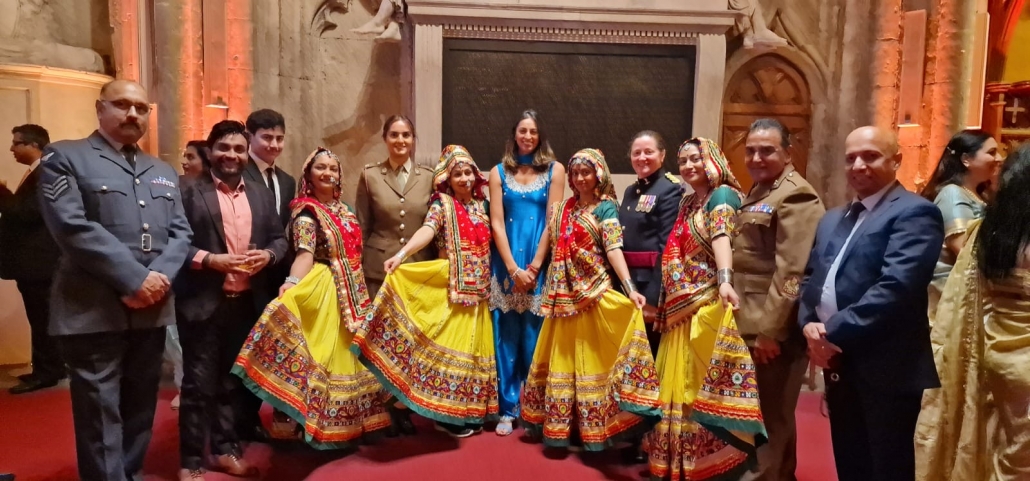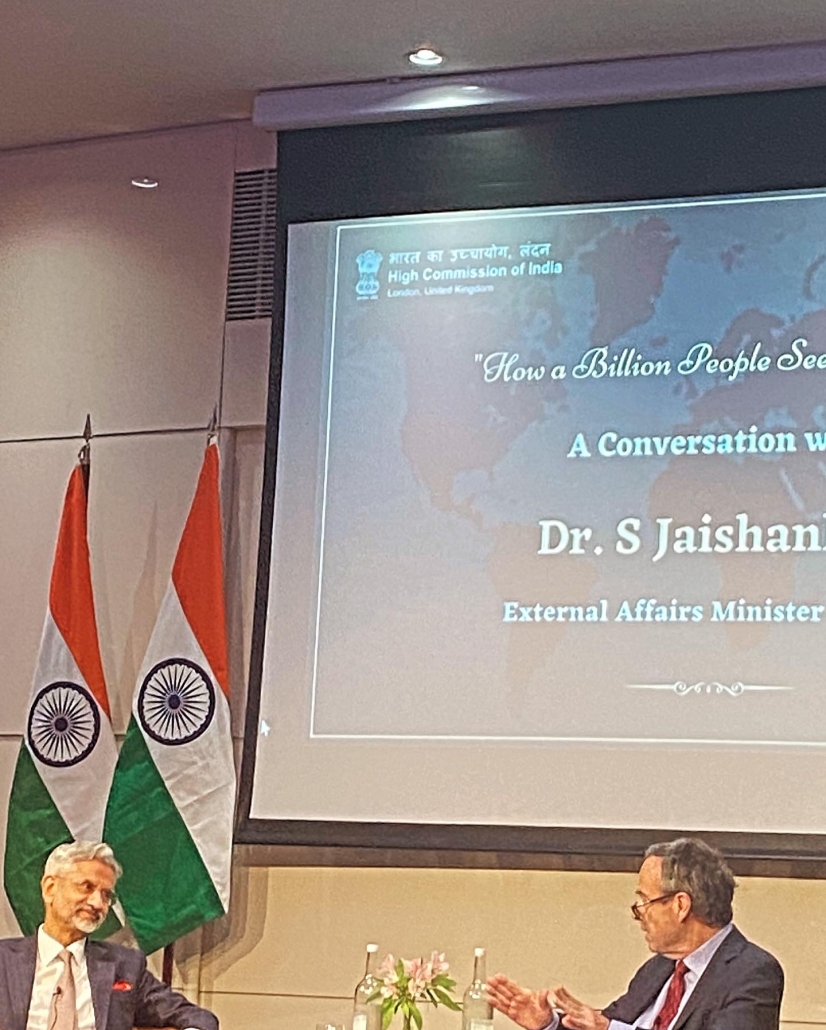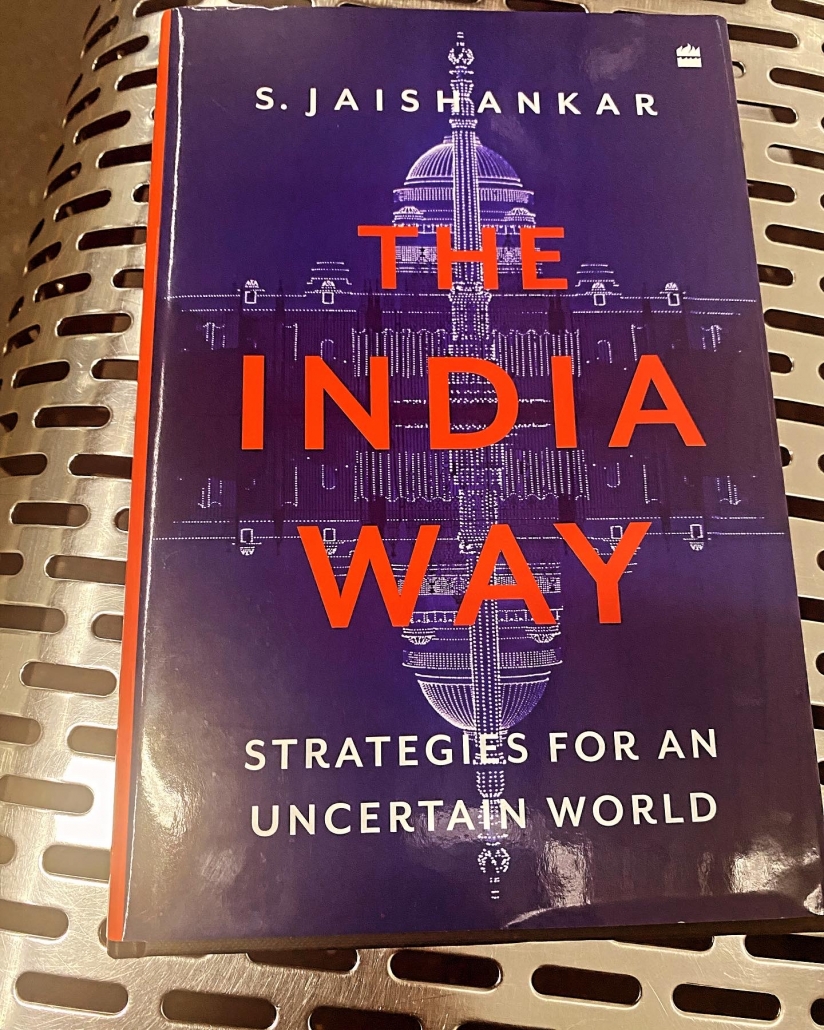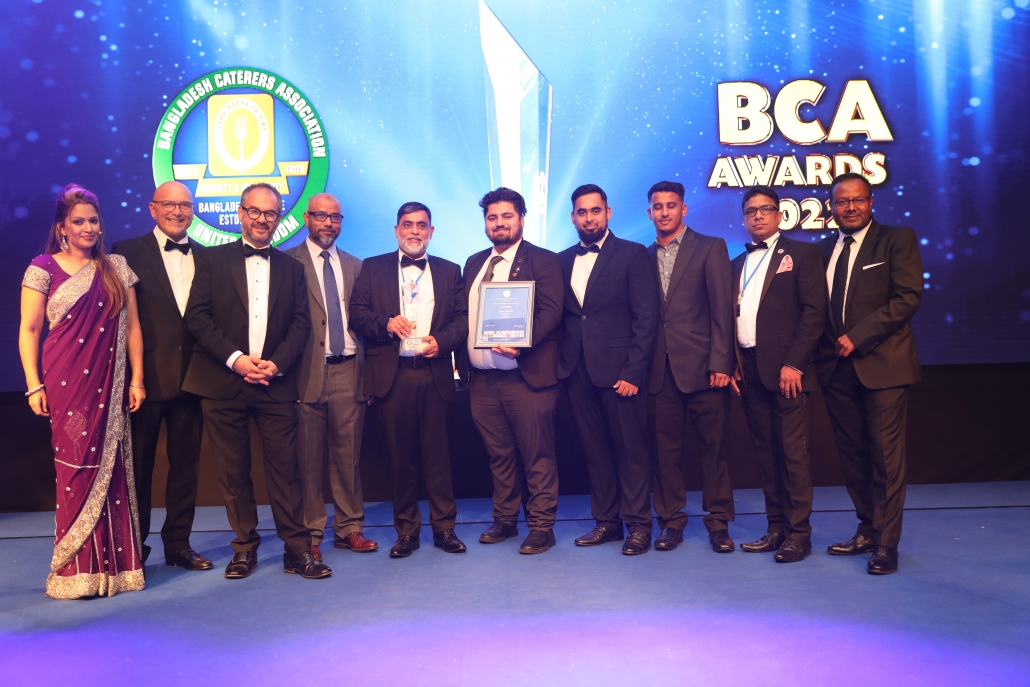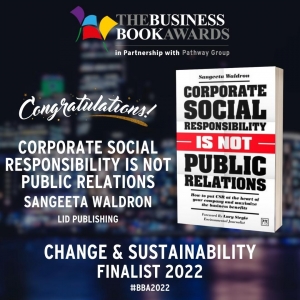Full disclosure, I have not seen any of the latest season of The Traitors on the BBC, but I have been reading all the articles across the mainstream media about the success of the style success of Claudia Winkleman, the presenter of the show, which has been thoughtfully put together by her stylist Sinead McKeefry. There are so many news pieces, features, blogs, articles dedicated to showing us how to recreate these looks and I am not writing this as a fashion writer, but from the place of sustainability and purpose; and so far, I have seen nothing on this topic.
For those who don’t know, The Traitors is a reality show, which has upped the fashion stakes and caught the attention of the country. It’s a haute country look that has been inspired by the wonderful backdrop of the imposing Scottish castle and landscape setting. It is what I would describe as appropriate winter wear, and what we should all be wearing in the depths of winter to keep us properly warm, none of this acrylic and polyester stuff. The style is woolen cable knit jumpers, sturdy tweed, thick socks with the occasional sweeping theatrical moments.
The wardrobe of the latest season of The Traitors is not about fast fashion. Instead, it will be one that will be brought out every winter, it’s a look that is classic, where the fabric will get better as the years go on and if you look after the pieces well, they will serve you. These are sumptuous knits that will need to be darned with love when holes appear, boots that will need resoling when worn and lovingly polished. This is a style to keep you warm in winter, and in my view what purposeful and ethical fashion looks like, where you invest in this look not just for a season but for the future. This is not a look that should end up in landfill.
It struck me, that the other angle to this clever Traitors look is that it is also about heritage styling and heritage brands, which is wrongly associated with luxury. Especially, as traditionally, prominent heritage companies started as clothing suppliers for blue-collar workers…think of the history of denim or the Doc Marten boots that Claudia Winkleman wears, which are as I have read her favourite boots. Heritage brands have endured the test of time, often with a rugged aesthetic. These are clothes and accessories crafted to do a job, created to serve, and function. Where everything is durable, that can be worn while out and about, and on repeat. The complete opposite of fast throwaway fashion. This is a look for people who know how they want to look, come across, and are confident in their style.
This type of styling is something that British heritage brands do so well and are known for their craftsmanship. As an aside, I think The Traitors will be a boost for British fashion.
So, how am I going to end this piece, well I would love to see more popular programmes, films, and even TV adverts with clever stylists and styling, showing us how to invest in pieces that are meant to be loved forever, not a season. Fashion that is for the ‘faithful’, where pieces become our trusted friends, items that we turn to in winter, summer, spring, and autumn, and is not about dopamine buying.
Photo credit: The BBC
